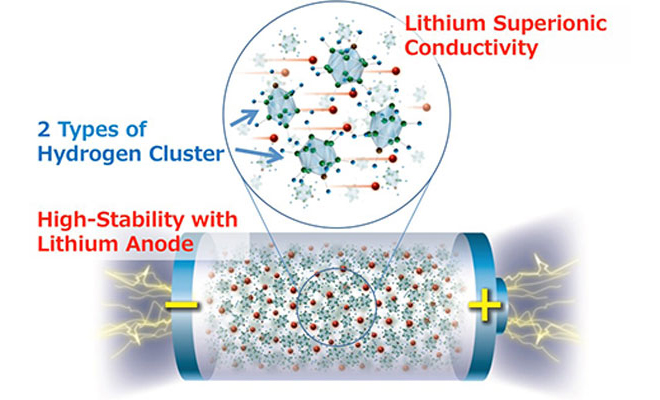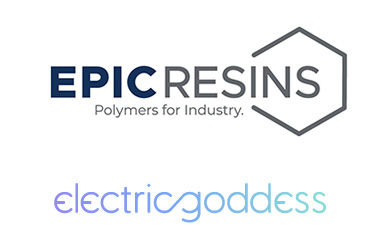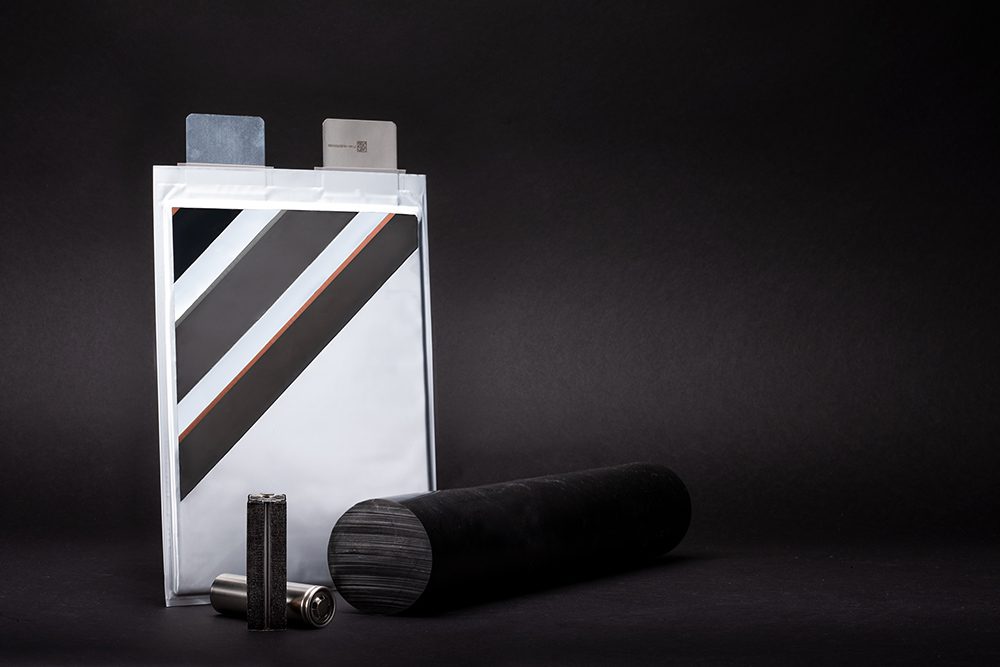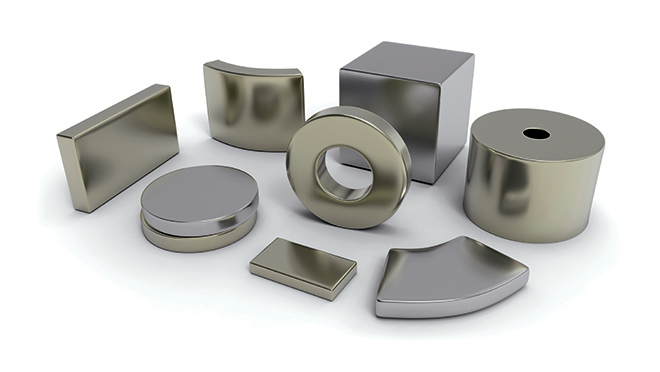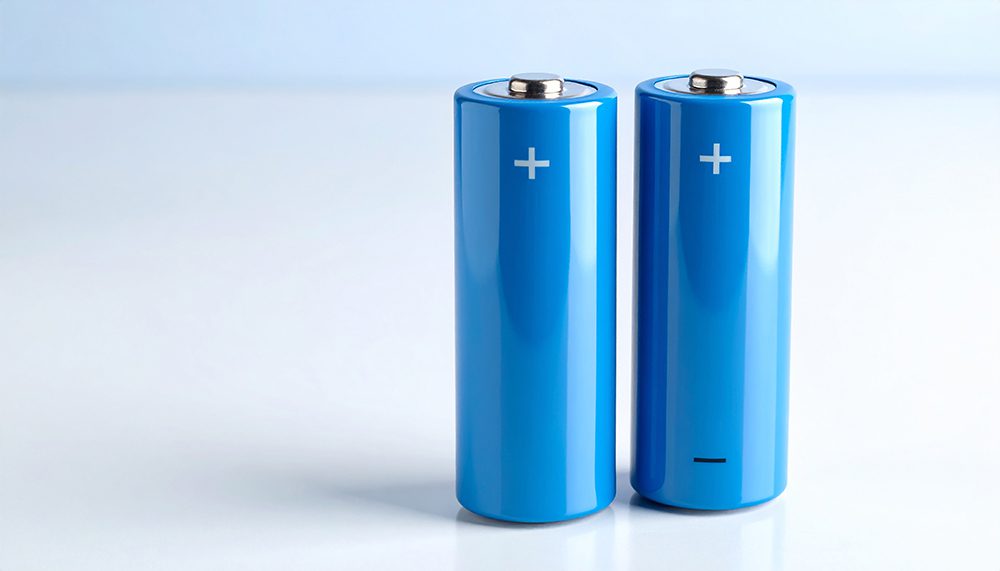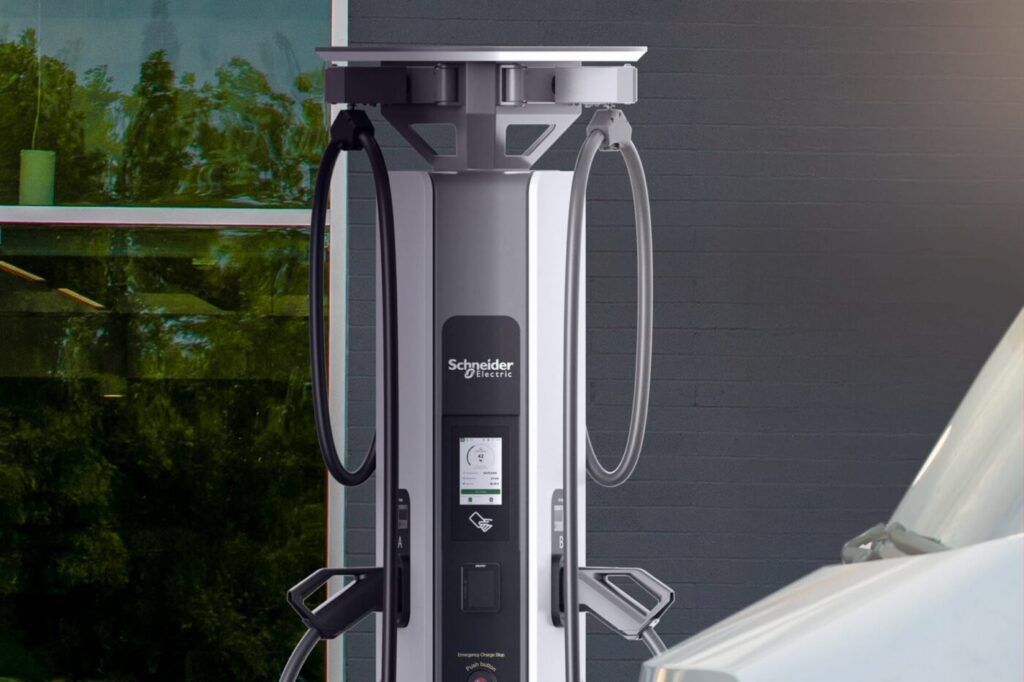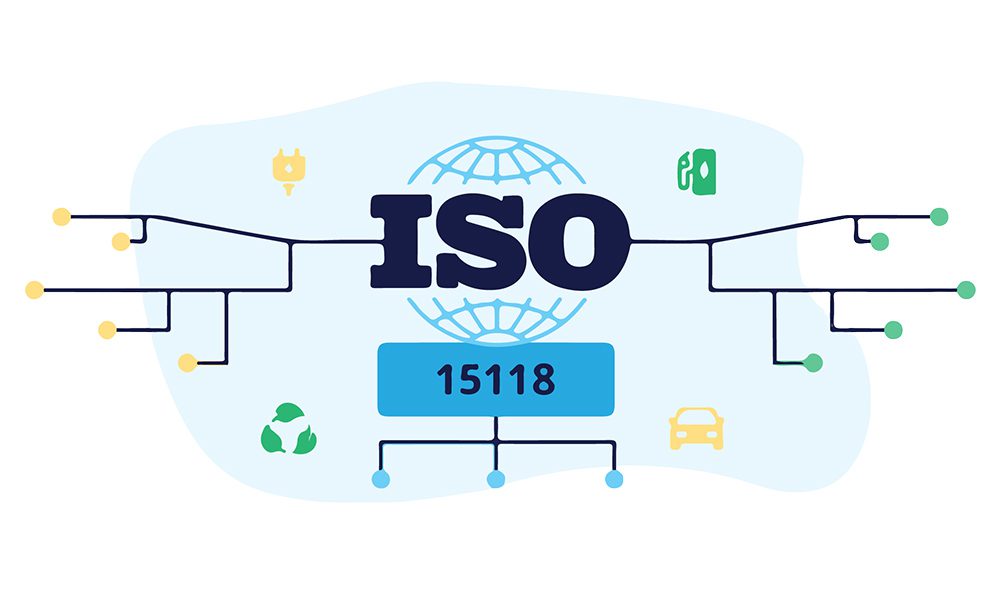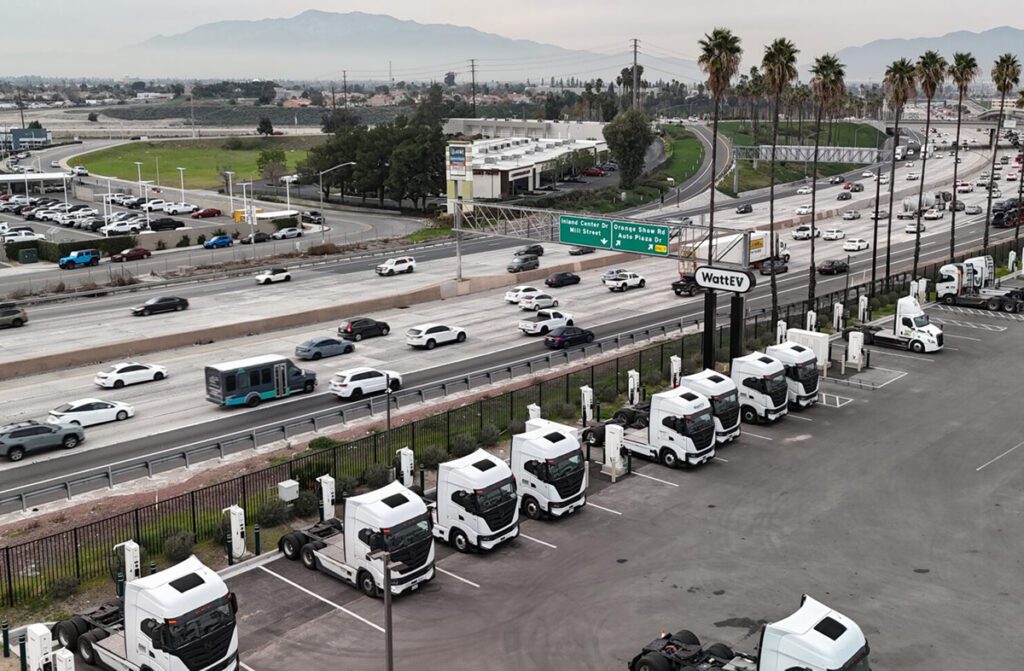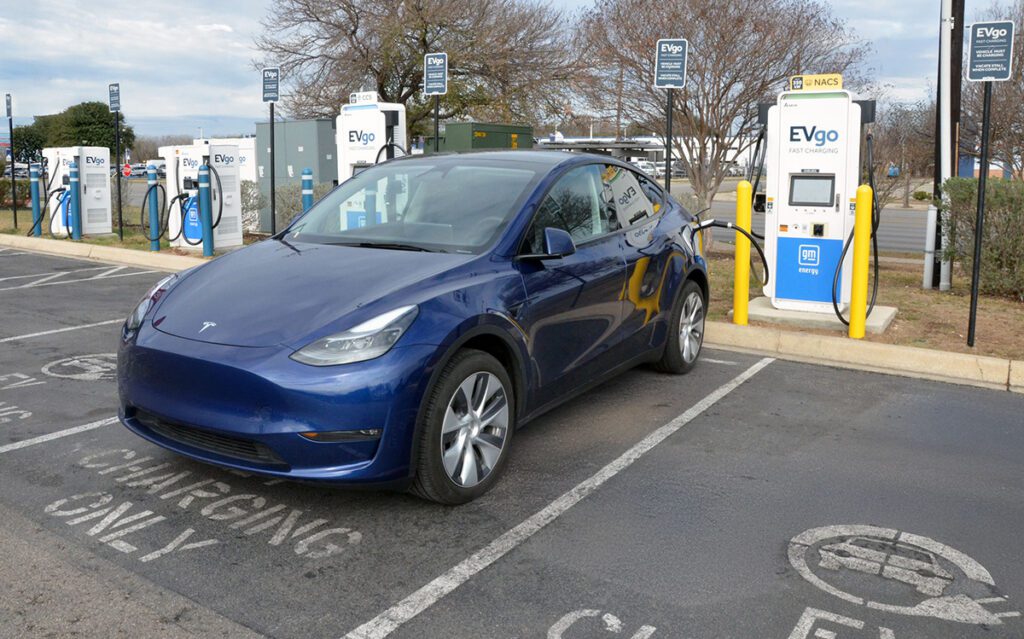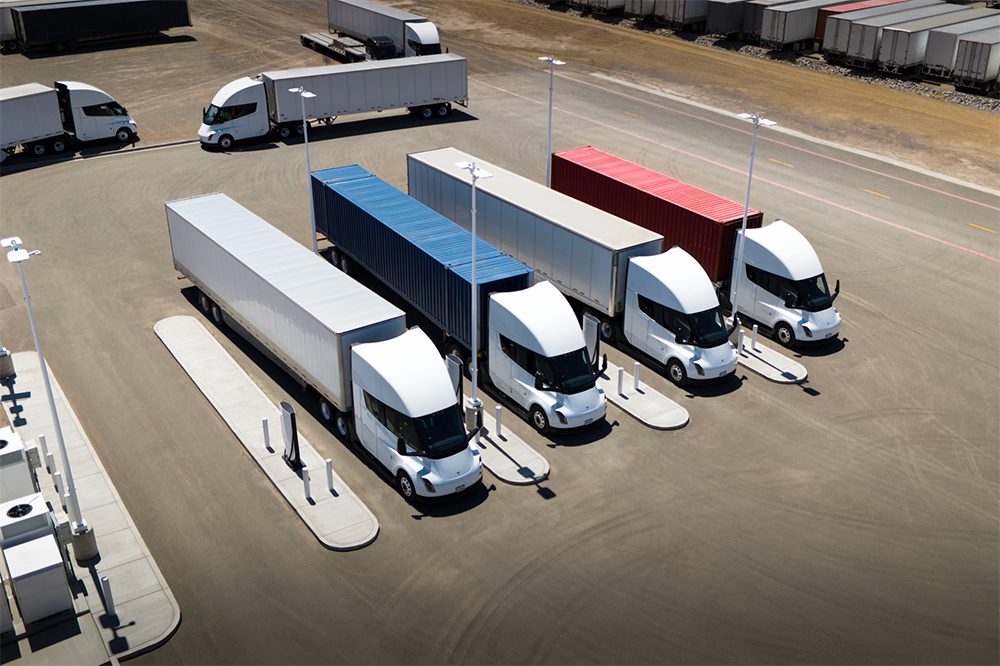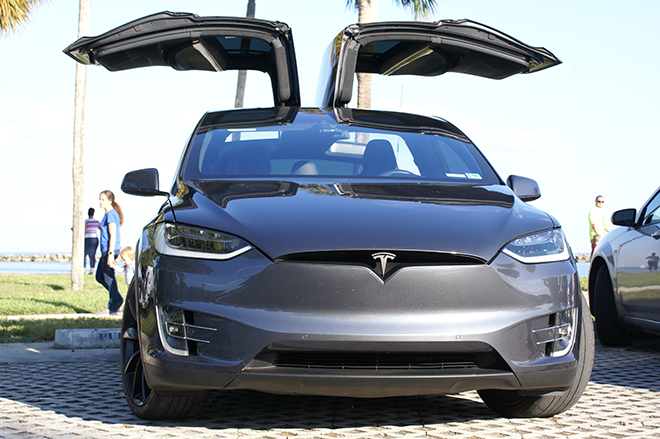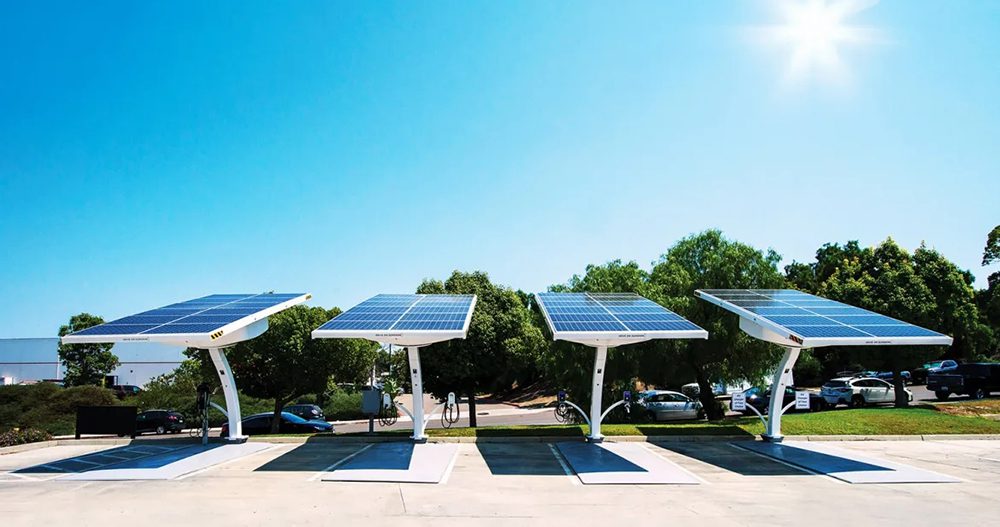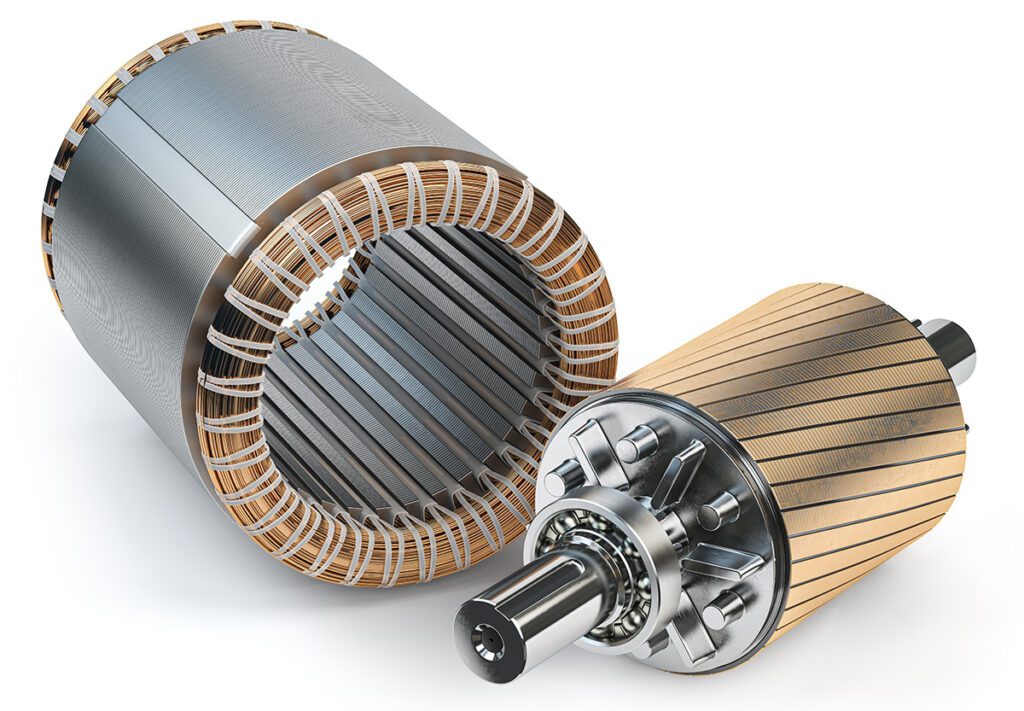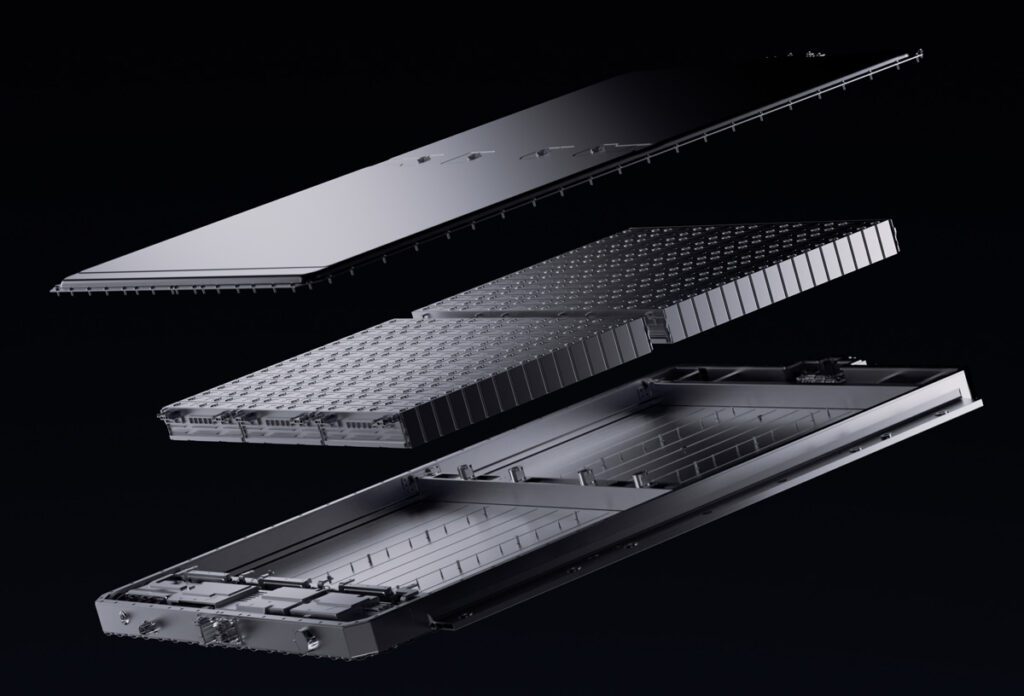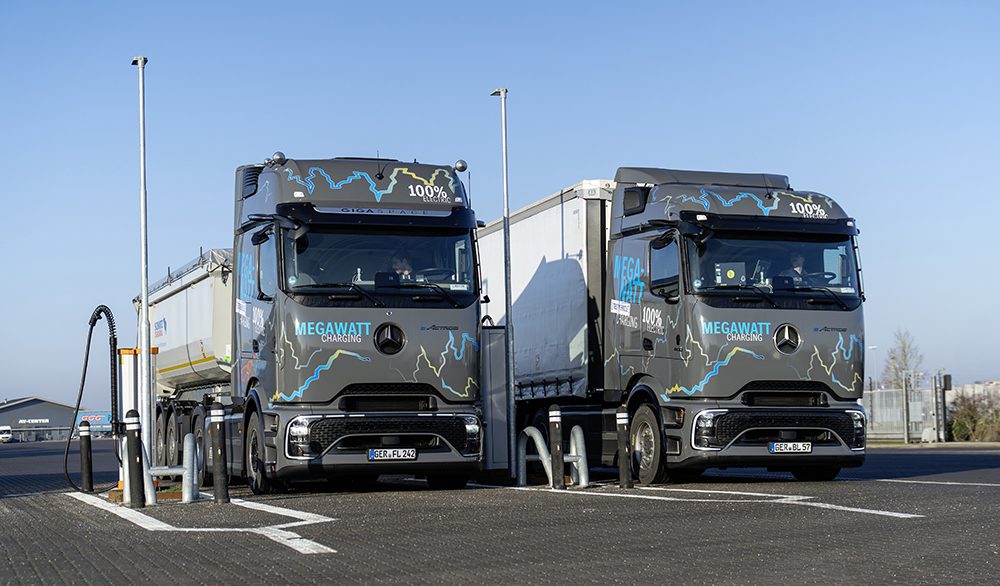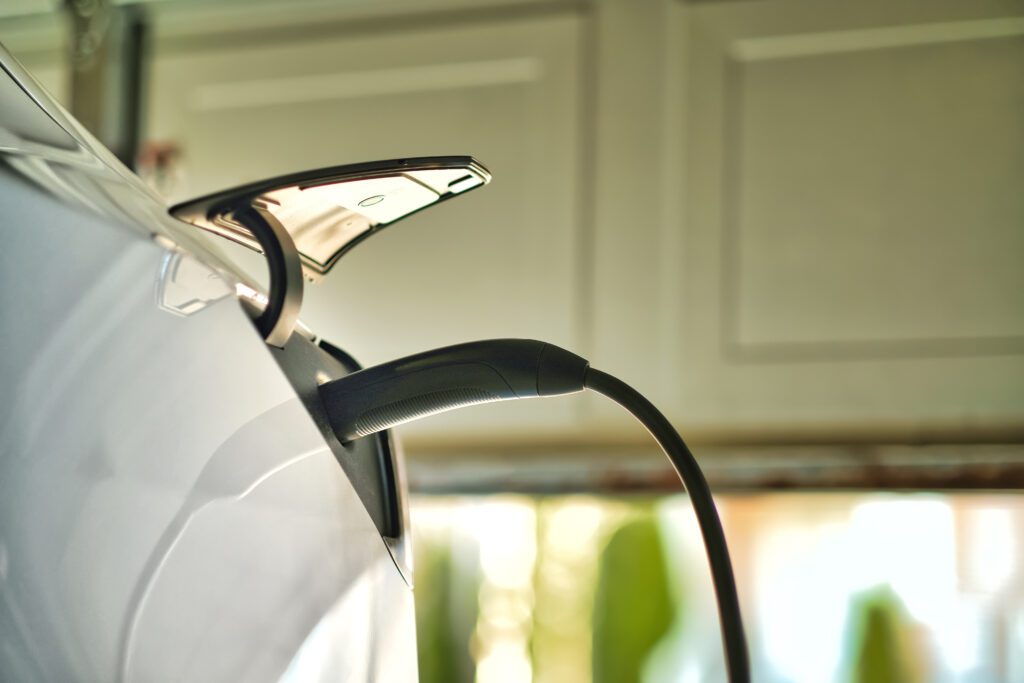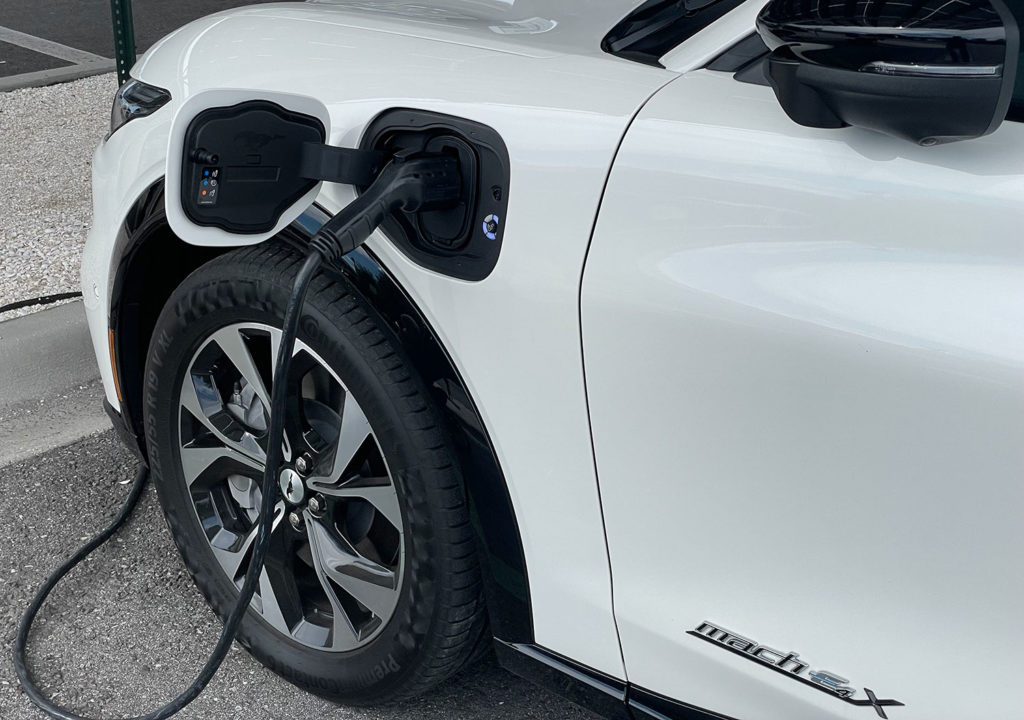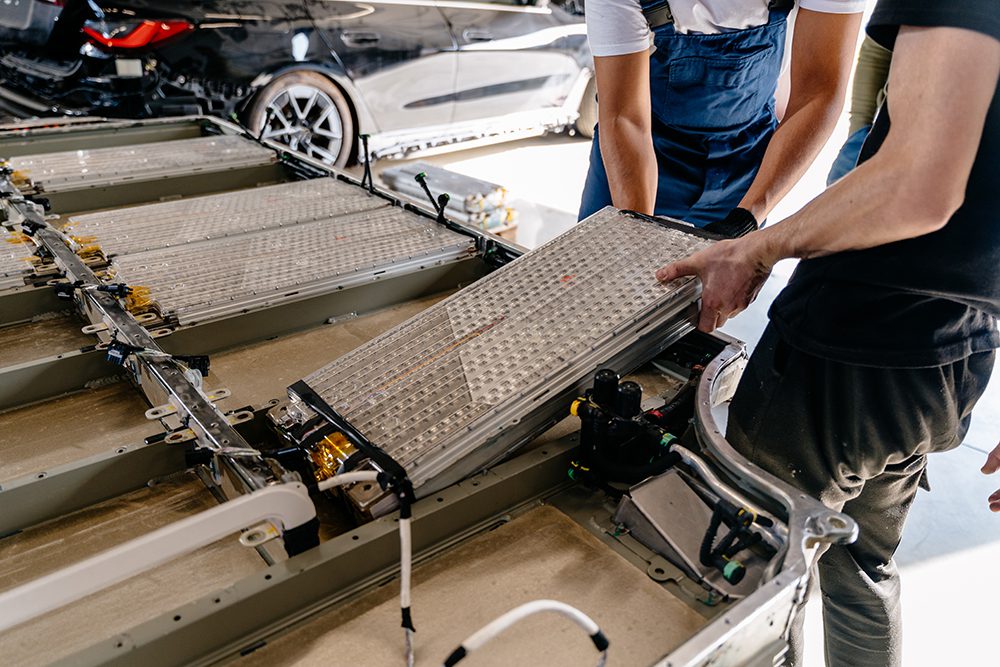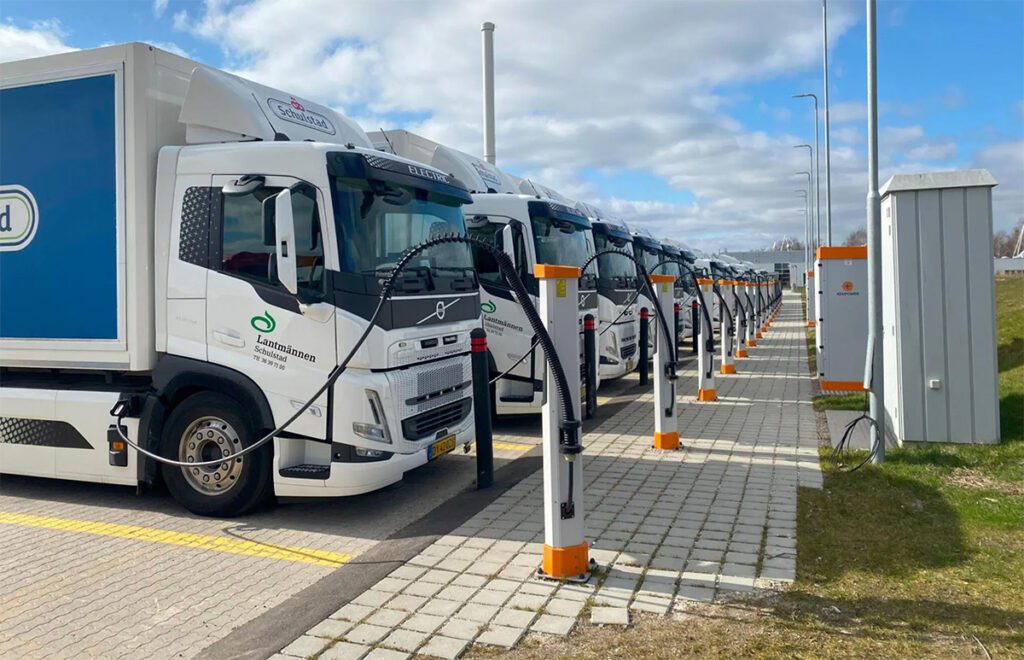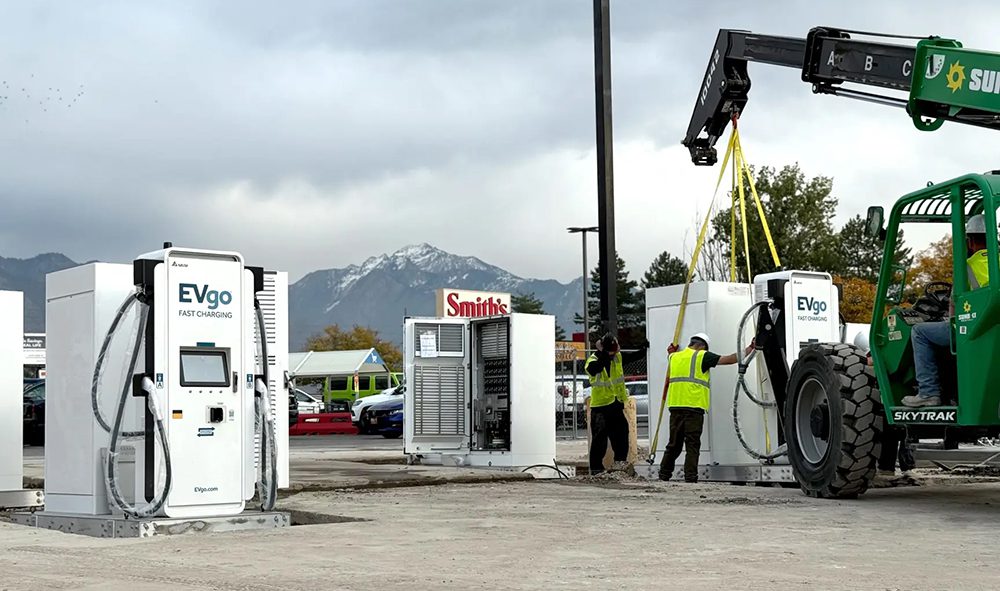Researchers have developed a conductor material that could lead to all-solid-state batteries with the highest energy density achieved to date. Current batteries employ organic liquid electrolytes that are prone to leakage, flammability, and limited energy density, issues which could be eliminated with all-solid-state batteries.
The researchers developed a complex lithium superionic conductor that showed high stability against a lithium metal anode and a high conductivity of 6.7 mS/cm. The material enables all-solid-state lithium-sulfur batteries with an energy density in excess of 2500 Wh/kg.
“Complex hydrides have received a lot of attention in addressing the problems associated with the lithium metal anode because of their outstanding chemical and electrochemical stability against the lithium metal anode. But because of their low ionic conductivity, using complex hydrides with the lithium metal anode have never been attempted in practical batteries. So we were very motivated to see if developing complex hydride that exhibit lithium superionic conductivity at room temperature can enable the use of lithium metal anode. And it worked,” said lead researcher Sangryun Kim.
The researchers were based at Tohoku University and the High Energy Accelerator Research Organization. They published their results in Nature: A complex hydride lithium superionic conductor for high−energy−density all−solid−state lithium metal batteries.
Source: Tohoku University, Nature via Green Car Congress







